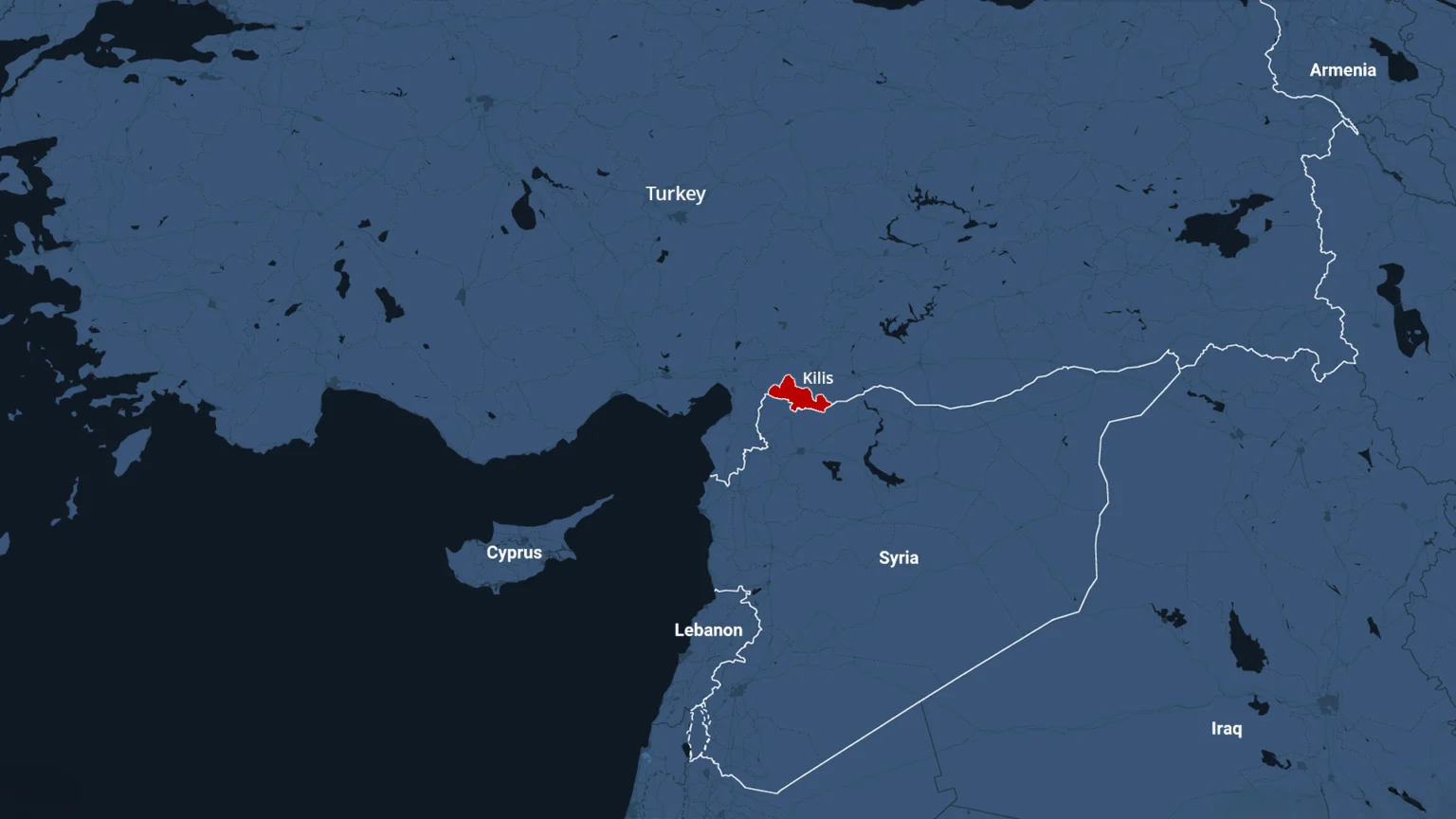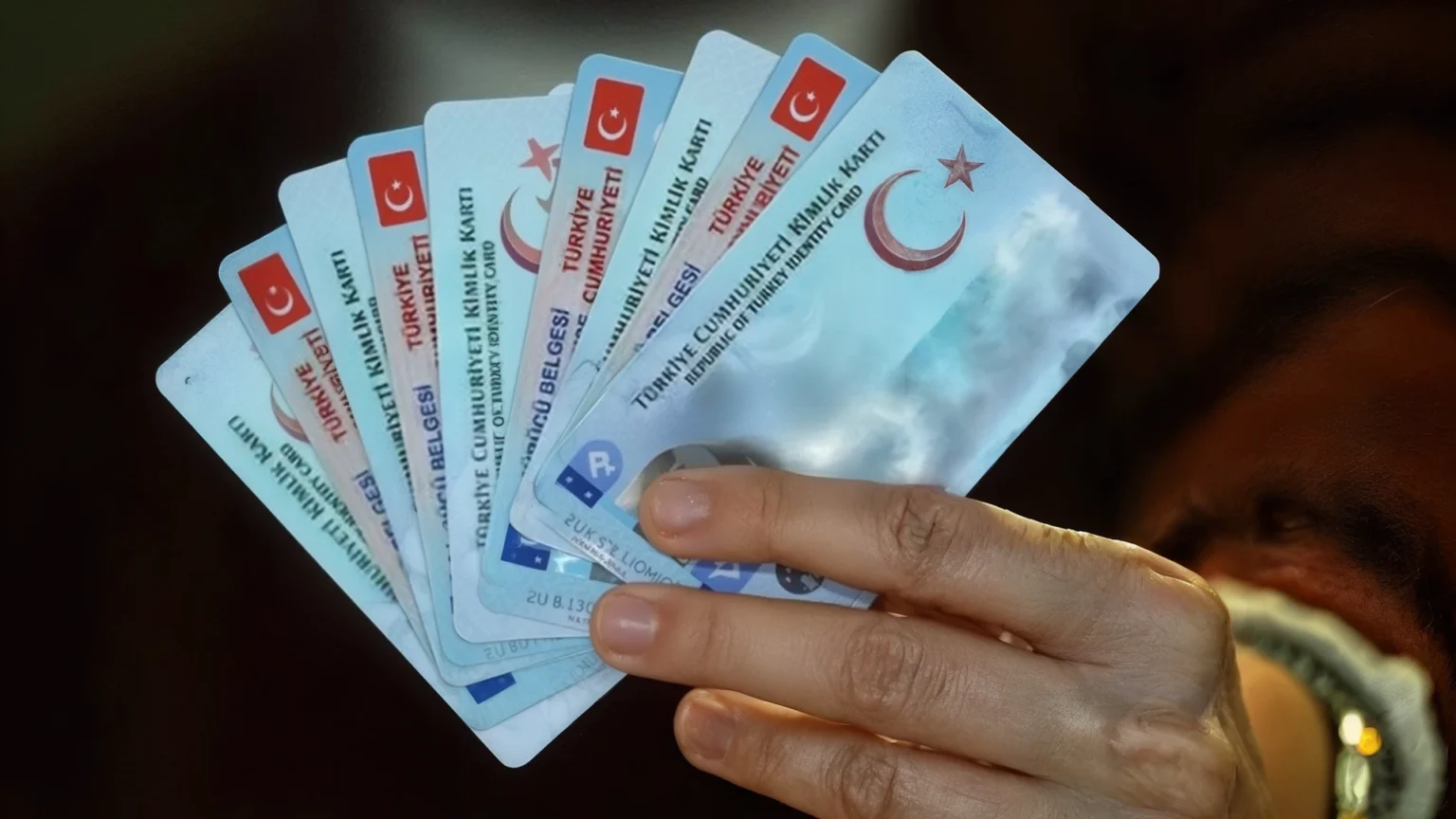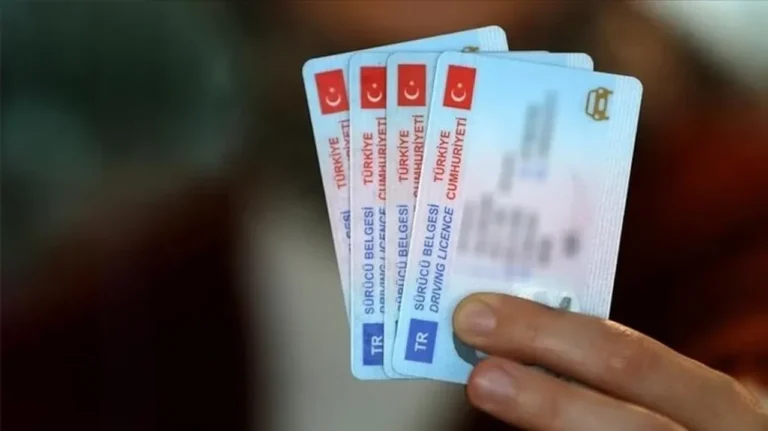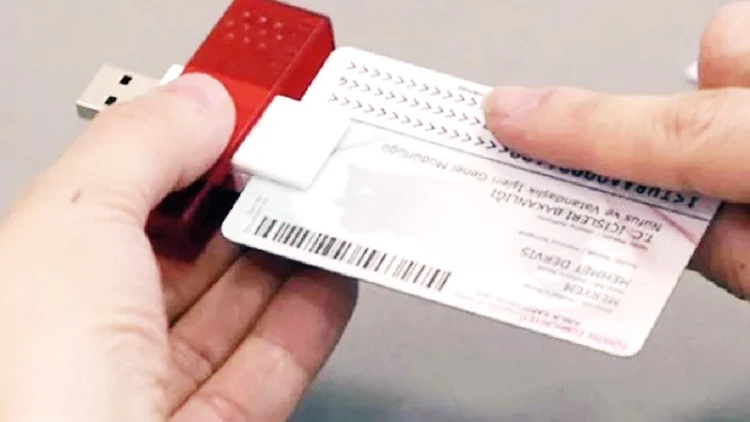Civil registry officials in the southern border province of Kilis are facing criminal charges over an alleged scheme that issued forged identity cards and passports to foreign nationals, according to Turkish prosecutors. The case is the latest strand in a widening network of forgery investigations that has already shaken the country’s education and political systems.
 |
| Turkey: officials accused of issuing fake passports and IDs Turkey: officials accused of issuing fake passports and IDs |
Authorities launched the investigation after residents in multiple provinces discovered that officials in Kilis—a city on Turkey’s border with Syria—had issued new biometric Turkish identity cards in their names without their consent.
The probe expanded in December 2021, when two Uzbek nationals were detained at Kilis bus station carrying fraudulent documents. They told police they had paid intermediaries—named in court filings as Tarık Avcı and Murat Avcı—to arrange appointments at the Kilis civil registry office, where they gave fingerprints and photographs in exchange for official identity cards.
According to prosecutors, the intermediaries were in contact with registry officials including district director Mehmet Bars and clerks Vedat Kaya and Mahmut Apaydın. Investigators allege these officials had direct access to the government database, enabling them to alter biometric and photographic data linked to genuine Turkish citizens’ records.
At least 22 diplomatic and service passports, along with eight ID cards, were allegedly issued in this way. In one case cited in court documents, a Syrian national under “temporary protection” status obtained an identity card displaying a Turkish citizen’s name after paying $25,000.
Police say the scheme may have extended to other provinces. However, the investigation has been hampered by the Kilis office’s policy of automatically deleting CCTV footage every 10 days, erasing any video evidence from the period in question.
An indictment finalised in March 2024 charges the three registry officials and several intermediaries with “multiple counts of forgery of official documents by a public servant” and related offences. All defendants are being tried without pre-trial detention. The Interior Ministry declined to grant investigators permission to pursue charges against the provincial director at the time, Hüseyin Ayvacı.
Linked to a nationwide forgery network
The Kilis case has emerged alongside a sprawling investigation into forged academic credentials that has gripped Turkey over the past year. That probe—centred on Ankara—alleges that a criminal network used stolen electronic signatures (e-signatures) to falsify university diplomas, alter exam scores and delete records from national education databases.
In Turkey, e-signatures function like encrypted digital ID stamps, granting access to sensitive government systems. Prosecutors say forged e-signatures belonging to staff at 14 institutions, including the Higher Education Council and the Ministry of Education, were used to insert fake degrees into official records.
- Hundreds implicated in fake diploma scandal in Turkey
- Istanbul Mayor faces new investigation into allegedly faked university diploma
While early media reports suggested that up to 400 academics may have been implicated, the Presidential Communications Directorate has said none of the 220 suspects officially under investigation hold academic posts. The confirmed list of suspects instead includes a driving instructor, a fitness coach, and—most prominently—Abdülhamit Kayıhan Osmanoğlu, a descendant of Ottoman Sultan Abdulhamid II.
 |
A system open to exploitation
The Kilis passport case and the e-signature diploma scandal share common features: alleged insider access to critical state databases, manipulation of biometric or educational records, and high-value payments from clients seeking to bypass legal requirements for citizenship, travel, or professional qualifications.
In recent years, almost all official transactions in Turkey—from renewing passports to registering property—have shifted onto the state’s e-Government platform. This has streamlined bureaucracy but also created single points of failure that can be exploited if insider credentials are compromised.
Turkish courts are now handling multiple indictments spanning dozens of provinces, with sentences of up to 45 years being sought in the most serious cases.














